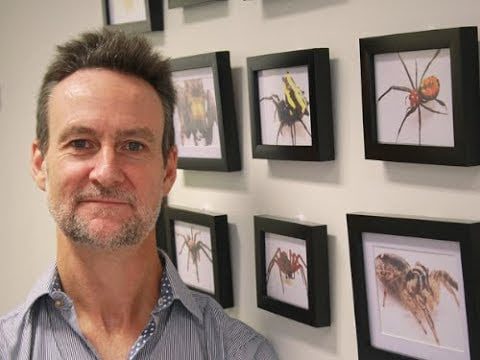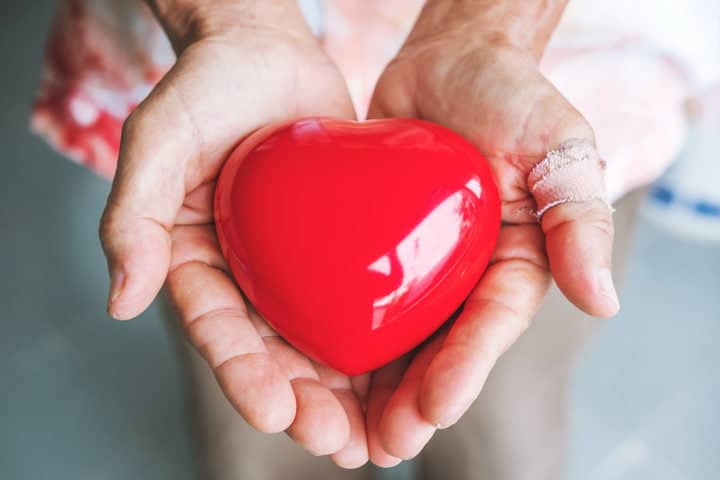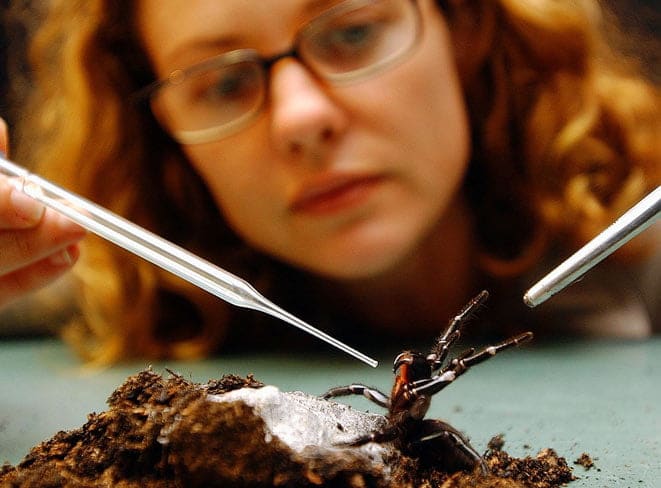As unlikely as it may seem, the deadly venom of the funnel spider (Tegenaria Paretina) could prove to be a valuable source of life-saving drugs, including those that kill melanoma and reduce brain damage in heart attack victims.
Adding to these possibilities is new research showing a drug candidate built from a molecule in this poison spider. A drug that can stop the "death signal" that comes from a heart attack, providing a new tool to rescuers.
A poison that cures

The work was carried out by scientists from Australia's University of Queensland. Through experiments on mice, the team found that administering this particular protein, called Hi1a, after a heart attack significantly reduced the potential for subsequent brain damage, even hours after the event.
“We found that this small protein derived from spider venom, Hi1a, surprisingly reduces brain damage when administered up to eight hours after the onset of the heart attack,” says Professor Glenn King. “It made sense to test Hi1a on heart cells as well. Like the brain, the heart is one of the body's most sensitive organs to loss of blood flow and lack of oxygen."
What is the "death signal" that spreads between cells in the event of a heart attack
After a heart attack, blood flow to the heart is reduced, resulting in a lack of oxygen to the heart muscle. The lack of oxygen makes the cellular environment acidic, which combines to send the command to the heart cells to die.
The team found that Hi1a has the effect of blocking acid-sensitive ion channels in the heart. This in turn blocks the transmission of the death signal and allows more heart cells to survive. There is no drug in the world that can do what Hi1a does to her.
For heart attack victims, our vision for the future is that Hi1a can be administered by first responders in an ambulance, which would truly change the health outcomes of heart disease. It would be especially important away from hospitals, and when every second counts.
Glenn King, University of Queensland
A poison that also helps transplants

Not just relief for heart attack victims, however. The poison's "child" drug could also be used to buy time for heart transplants by increasing the survival of heart cells. A solution that would provide crucial extra minutes to transport a heart to be transplanted after it stops beating. Essential minutes to increase the chances of a successful transplant.
Scientists hope to build on these promising early results. The goal is to move into human clinical trials to use Hi1a as both a stroke and heart disease treatment in the next two or three years.
Not bad for a poison, huh?
The research has been published in the journal Circulation.


